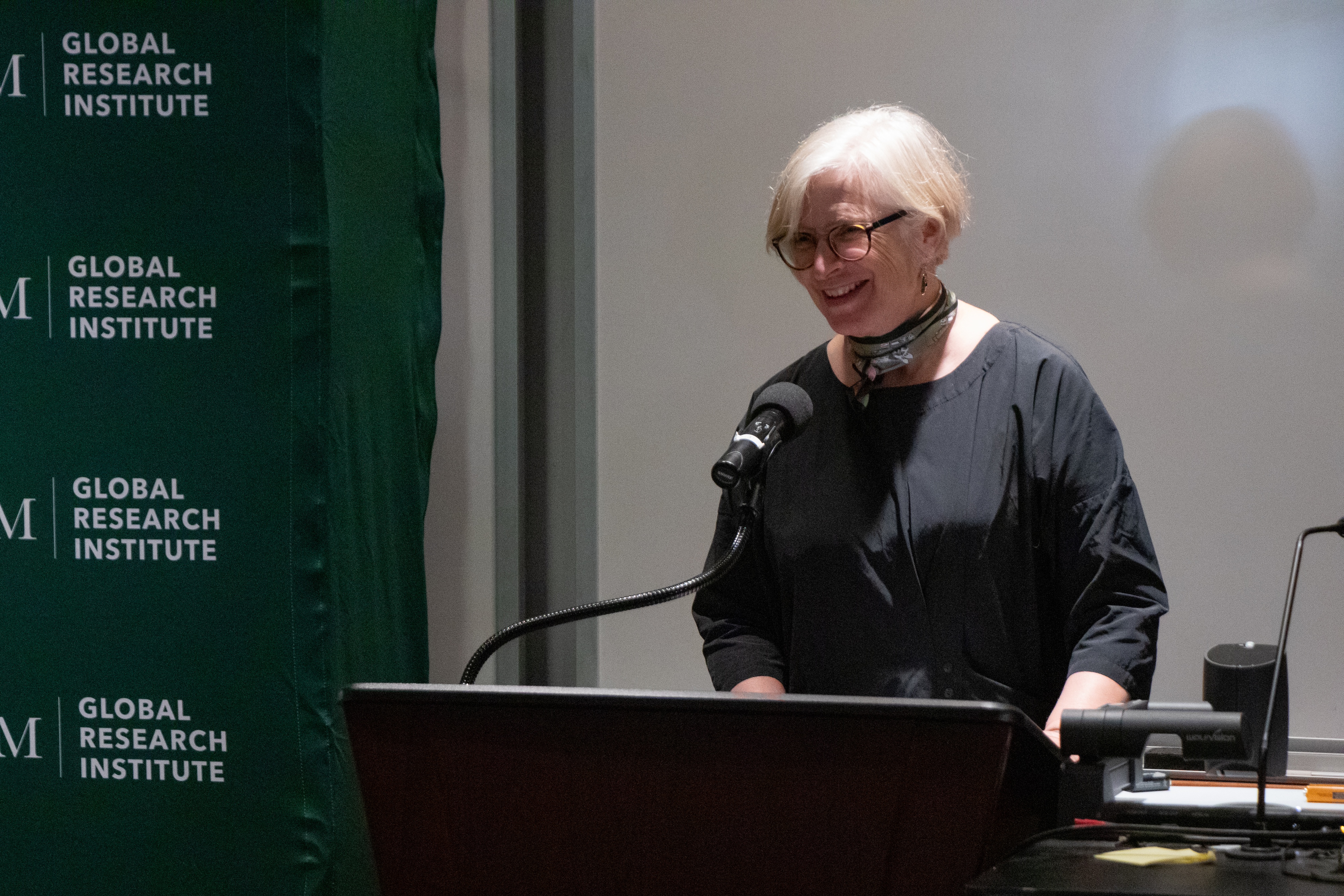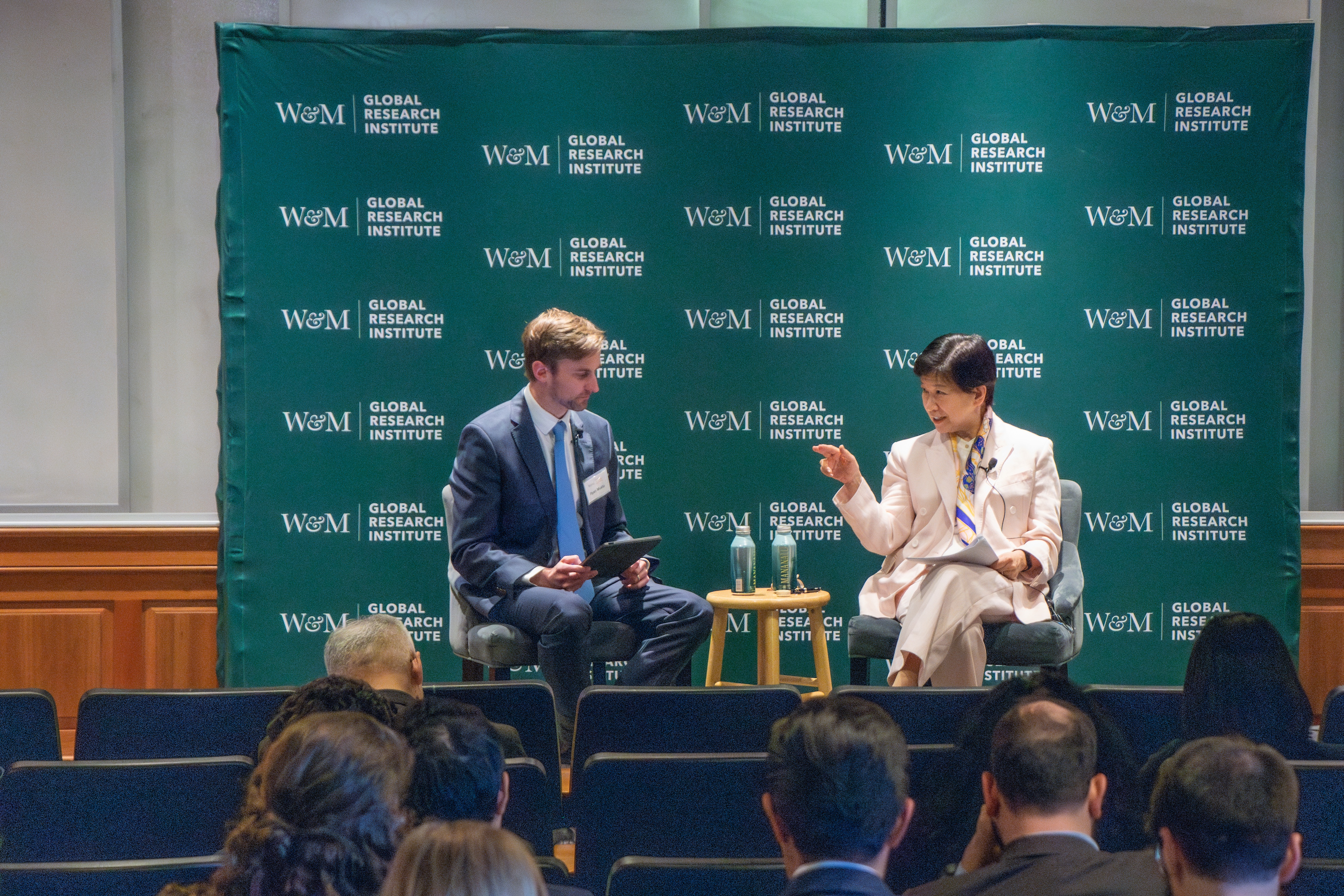The UN and the Future of Regional Nuclear Nonproliferation
In April, the Global Research Institute hosted Ms. Izumi Nakamitsu, UN Under-Secretary-General and High Representative for Disarmament Affairs, to discuss nuclear nonproliferation with GRI Director of Research Initiatives, Dr. Ryan Musto. Also supporting this dialogue was Teresa Longo, Director of the Reves Center, who opened the event. Regional nuclear-weapon-free zones have been a staple of nonproliferation efforts since the mid-1950s. Over the past 60 years, eight regions have been denuclearized under international law. These agreements cover roughly 120 countries, most of the southern hemisphere, and close to two billion people. At a moment when global nuclear tensions are at their highest in a generation, this conversation about the promise and politics of nonproliferation was especially timely.

Nakamitsu spoke to some of the difficulties that nations face in creating nuclear-weapon-free zones today. She highlighted the Middle East, where countries find it difficult to take initiative due to cultural differences and regional rivalries. Although Nakamitsu thinks it is unrealistic to expect denuclearization to spread across the Middle East right now, she also expressed a keen hope that it will be possible in the future. Many states in this region have still been willing to engage in discussions with each other in the wake of attacks by Hamas, she said, overcoming substantive barriers. She believes the Middle East will continue to make progress, especially as the United Nations works as a conduit for change.
“My region, Asia and the Pacific, is also not a region that has any institutional platforms to discuss security-related issues…so I think some kind of regular framework to discuss security related issues would be really useful, and if it could be institutionalized, even better.” Nakamitsu stressed that these spaces needed to be created and established in each region to encourage and facilitate discussions of security issues across the board, including denuclearization.

Students in the audience asked Nakamitsu her opinion regarding young people and the future of denuclearization. She commented that, in addition to establishing fora for regional discussions, politicians should invest in young experts. “We are, actually, at the U.N., prioritizing youth work…I just came back from Moscow and what I felt very, very strongly was the importance of investing in Russian youth because we’re going to need them, we’re going to need these young experts when the timing is better.” Nakamitsu emphasized that our young people are the policymakers of the future and that helping them understand each other and the diverse perspectives and security challenges of other countries now would be securing a brighter future for everyone.
Ms. Nakamitsu’s remarks reaffirmed that nuclear disarmament is not a utopian pipe-dream; it has been achieved before, and it can be accomplished again with proper investment in supportive programs and people.














